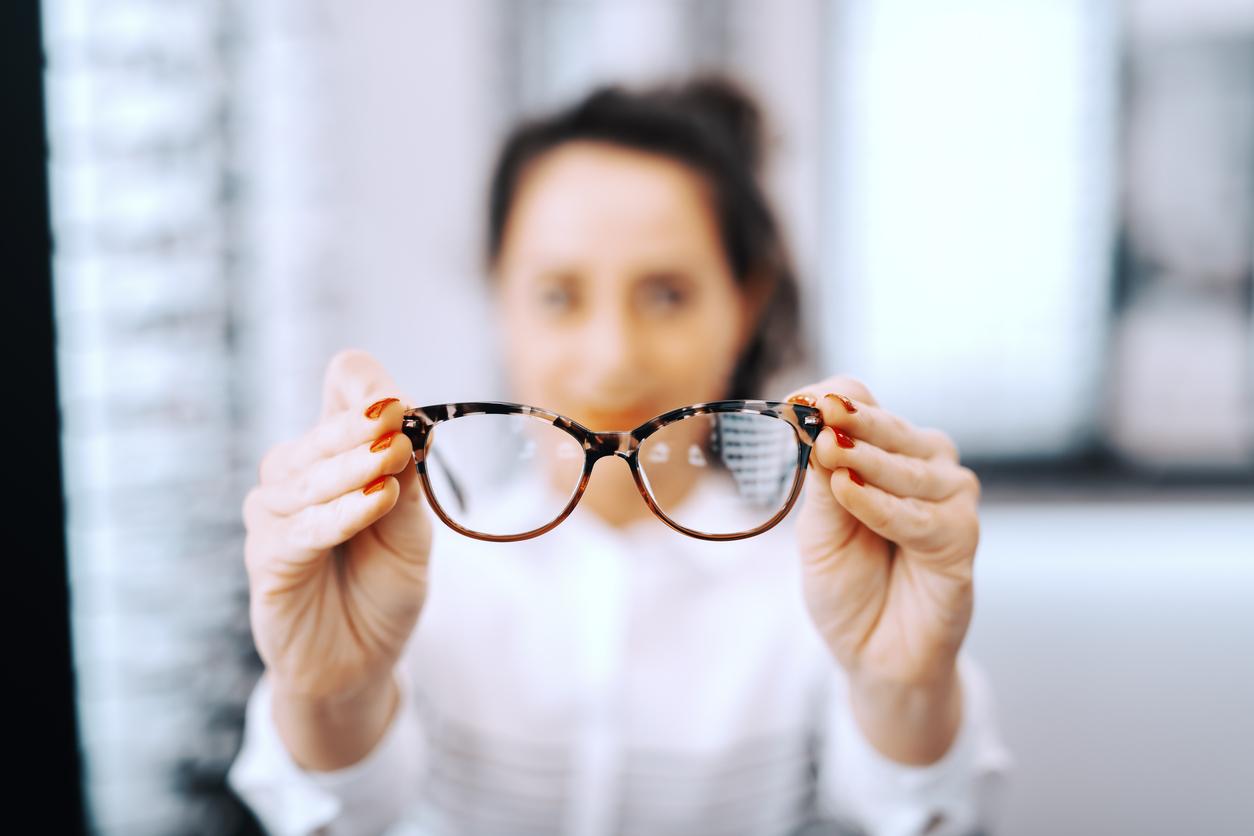
June 3, 2010 – Wearing single vision glasses – rather than lenses with focal points – would reduce the number of falls by up to 40% in active seniors with presbyopia.
This is what emerges from a study carried out in Australia among 600 people aged 80 on average and wearing multifocal glasses – with double or triple focal points, or even with progressive focal points.
After having undergone an optometric examination, the participants were informed of the risks of falls involved in wearing lenses with focal points – these distorting the field of vision, beyond a certain threshold.
Then, half of them were given a pair of homeless corrective glasses to wear when going out, going down stairs or going shopping.
Note that these were transitional glasses, that is to say they became dark in the sun.
Overall, the number of falls decreased by 8% among those who wore single vision glasses, compared to those who continued to wear lenses with focus. But among those who were more active, the number of falls fell by 40% among the group with the homeless glasses.
On the other hand, sedentary seniors who used these glasses – rather than glasses with focus – fell more frequently, possibly because they are frail and more at risk of falling, submit the authors of the study.
A major preventive effect
The 40% decrease in the number of falls, observed in this study, is a major preventive effect, according to Jean-Marie Hanssens.
Optometrist and lecturer at the School of Optometry of the University of Montreal, Mr. Hanssens maintains that these results are “all the more important since they were obtained among a population very advanced in age, in whom vision loss – and risk of falling – is highest ”.
According to him, progressive lenses make stairs and, above all, the edges of sidewalks very difficult to distinguish, which explains why they contribute to causing falls in the elderly.
Martin LaSalle – PasseportSanté.net
1. Haran MJ, et al, Effect on falls of providing single lens distance vision glasses to multifocal glasses wearers: VISIBLE randomized controlled trial, British Medical Journal, 2010 May 25, 340: c2265.















